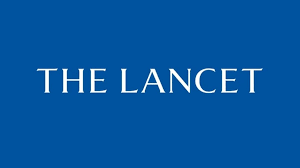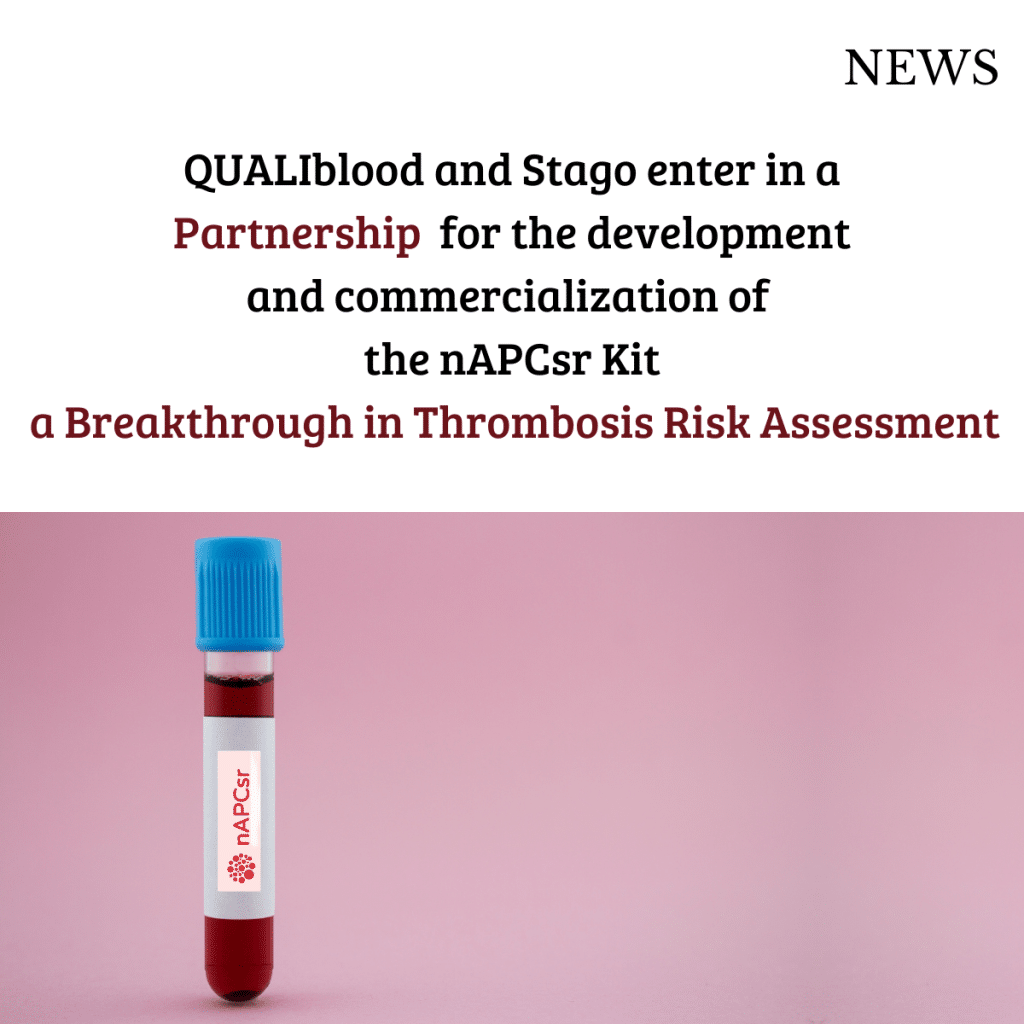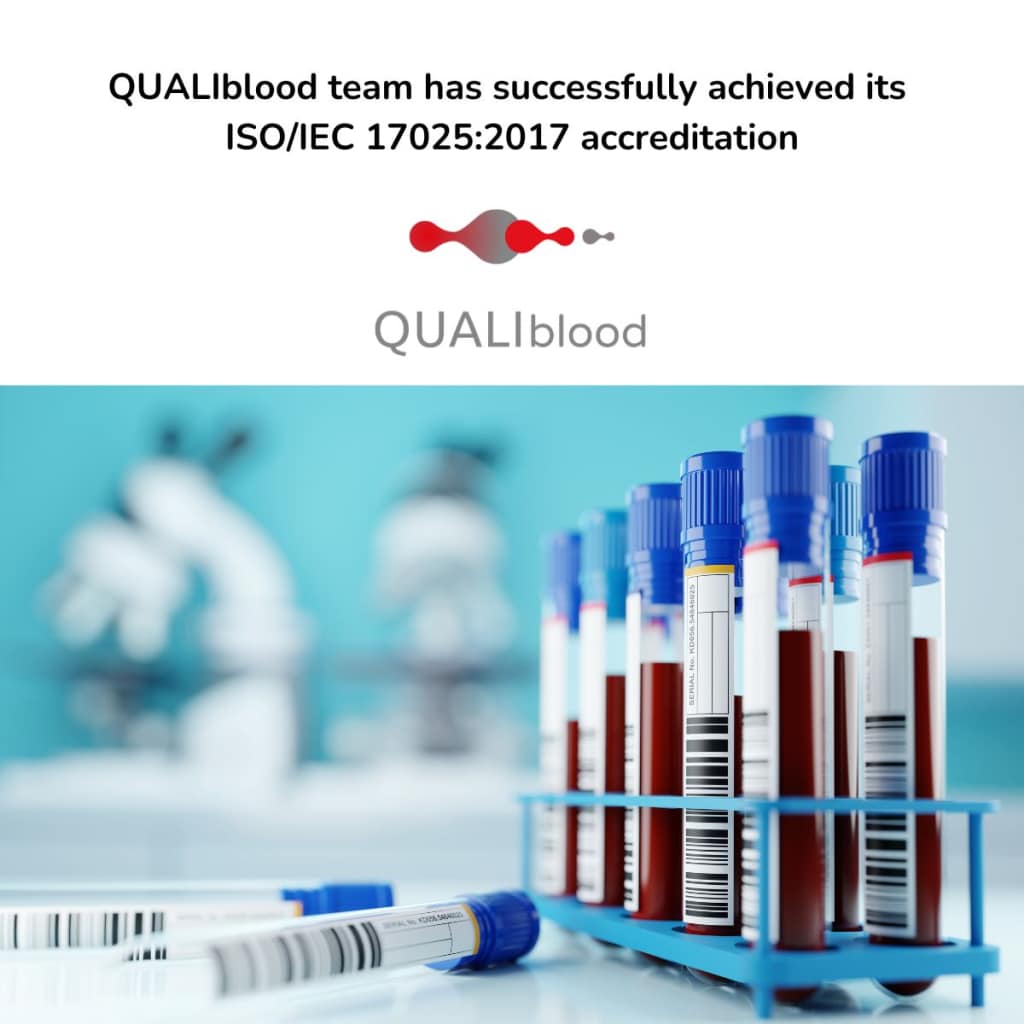Risk of neoplasm with the neurokinin 3 receptor antagonist fezolinetant
Jonathan Douxfils, Charlotte Beaudart, Jean-Michel Dogné
In this study, we demonstrated that the recent FDA approved VEOZAH (fezolinetant) is associated with a dose-dependent increase in the risk of all cause neoplasm.
The higher risk is observed with fezolinetant 45 mg (OR of 4.25 versus placebo, p=0.002) while fezolinetant 30 mg is not statistically associated with this risk but follows the same tendency (OR of 2.83 versus placebo, p=0.120).
The higher incidence of neoplasms with fezolinetant requires an in-depth evaluation of all cases observed to further assess associated baseline risk factors and propose risk minimization strategies.
Fezolinetant acts as an antagonist of the neurokinin B receptor 3 in kisspeptin, neurokinin B, and dynorphin neurons (KNDy), possibly affecting kisspeptin signalling, but this adverse event could also result from other off-target effects.
Thank you to Charlotte Beaudart and Jean-Michel Dogné to the University of Namur.
Further investigations are planned around NK-3 receptor antagonists to elucidate this risk.




